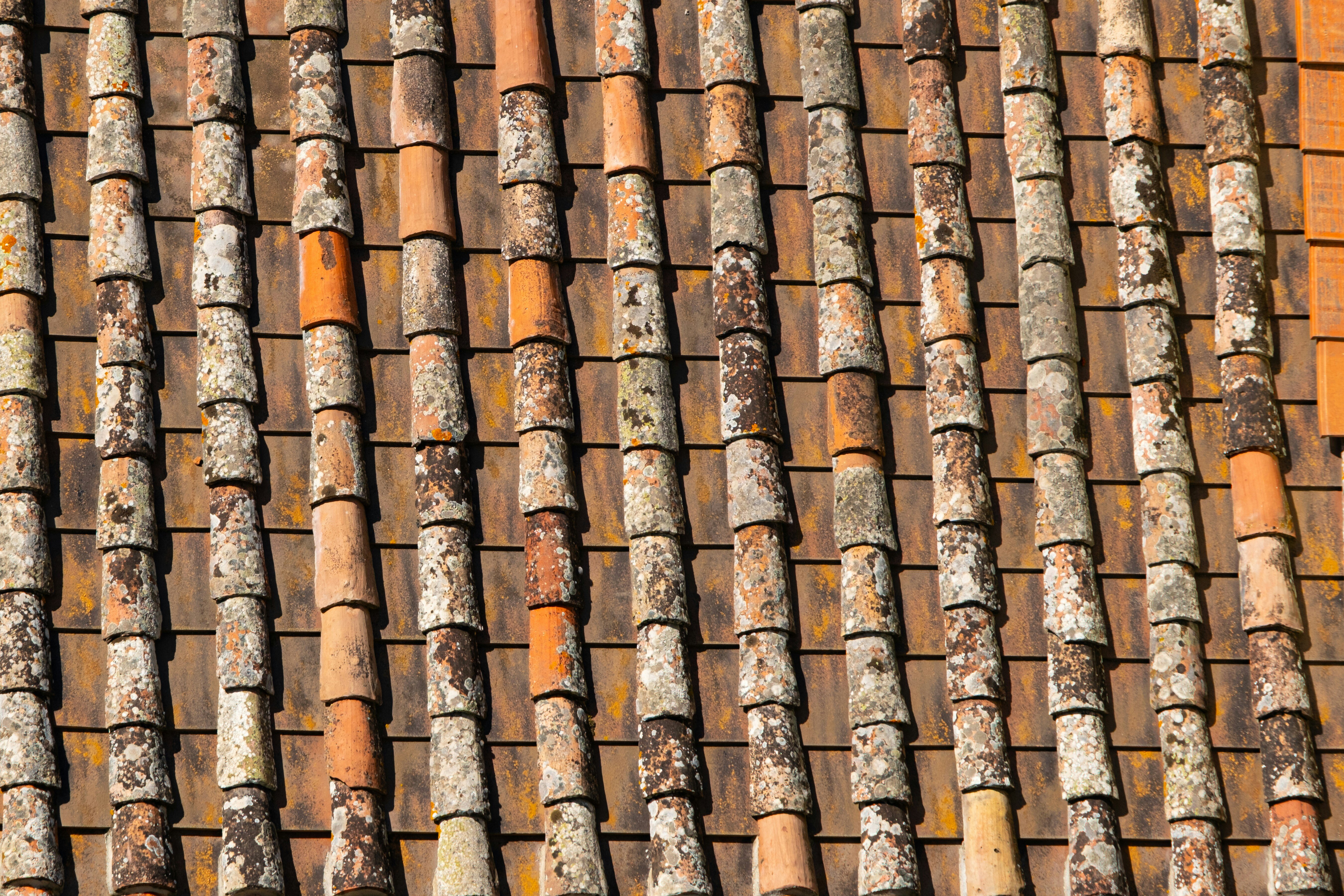
Aug
What Is Roof Repointing & How Much Does it Cost?
Maintaining the structural integrity of your roof is essential for safeguarding your home from the elements. One critical aspect of roof maintenance is roof repointing.
Understanding what roof repointing involves, its benefits, and the costs involved can help you make informed decisions about your home’s upkeep.
This comprehensive guide will explore the details of roof repointing, including how it’s done and what you can expect to pay.
What is Roof Repointing?
Roof repointing is a crucial maintenance procedure for homes with tiled roofs. Over time, the mortar that holds the tiles in place can deteriorate due to weather conditions, temperature fluctuations, and natural wear and tear. When the mortar breaks down, it can compromise the roof’s ability to prevent water ingress and maintain structural stability.
Roof repointing involves removing the old, damaged mortar from the joints between roof tiles and replacing it with fresh mortar. This process is vital for maintaining the roof’s integrity, ensuring it remains watertight, and prolonging its lifespan.
The process typically starts with a thorough inspection of the roof. Professionals will assess the condition of the mortar joints and determine the extent of the damage. Afterward, the damaged mortar is removed using specialised tools. New mortar is then applied to fill the gaps and secure the tiles in place, and the area is cleaned to ensure a neat finish.
The Benefits of Roof Repointing
Roof repointing offers several significant benefits that can impact both the functionality and aesthetics of your home. These include:
Prevents Water Damage
One of the primary benefits of roof repointing is its ability to prevent water damage. Damaged mortar joints can allow water to seep through, leading to leaks and potential water damage inside your home. By renewing the mortar, you create a watertight seal that helps protect your home from moisture-related issues.
Extends Roof Lifespan
Regular repointing can extend the lifespan of your roof. Mortar deterioration can compromise the structural integrity of your roof, leading to more extensive damage over time. By addressing the issue early with repointing, you can avoid more costly repairs and extend the overall lifespan of your roof.
Enhances Aesthetic Appearance
Freshly repointed mortar can significantly improve the appearance of your roof. Deteriorated mortar can lead to a shabby, unkempt look, which can detract from your home's curb appeal. Repointing restores the roof’s appearance, making it look well-maintained and aesthetically pleasing.
Strengthens Roof Structure
Repointing reinforces the connection between roof tiles, enhancing the overall stability of the roof. This added strength helps the roof withstand harsh weather conditions, such as heavy rain, strong winds, and extreme temperatures, reducing the likelihood of tiles becoming dislodged.
Improves Energy Efficiency
A well-maintained roof contributes to better energy efficiency in your home. By preventing water ingress and ensuring the roof remains structurally sound, repointing can help with insulation and reduce the need for additional heating or cooling, potentially lowering your energy bills.
Reduces Long-Term Costs
Addressing mortar deterioration early can prevent more significant issues from arising. By investing in repointing now, you can avoid more extensive repairs or even a full roof replacement in the future. This proactive approach can save you money in the long run by addressing minor issues before they escalate.

Roof Repointing Process
The roof repointing process involves several key steps to ensure a successful outcome. These include:
1. Inspection
The first step in roof repointing is a thorough inspection by professional roofers in Brisbane. They will assess the condition of the mortar joints, check for any underlying issues, and determine the extent of the damage. This inspection helps in planning the necessary repairs and estimating costs.
2. Preparation
Once the inspection is complete, the preparation phase begins. This involves removing old, damaged mortar from the joints between the roof tiles. The area around the damaged mortar is cleaned to ensure that the new mortar will adhere properly.
3. Application of New Mortar
Fresh mortar is then applied to the cleaned joints. The mortar is carefully packed into the gaps between the tiles to create a strong, secure bond. The application process is done with precision to ensure that all gaps are filled and that the mortar sets correctly.
4. Curing and Finishing
After the new mortar has been applied, it needs time to cure and harden. The curing process ensures that the mortar achieves its full strength and durability. Once the mortar has set, any excess is cleaned off, and the roof is inspected to ensure that the repointing has been completed to a high standard.

How Much Does Roof Repointing Cost?
The cost of roof repointing can vary based on several factors, including the size of the roof, the extent of the damage, and the materials used. On average, you can expect to pay between $120 to $170 per square metre for roof repointing. This price typically includes the removal of old mortar, application of new mortar, and any necessary cleanup.
Factors Influencing Cost
Several factors can influence the overall cost of roof repointing. These include:
- Roof Size and Complexity: Larger roofs or those with a more complex design will generally cost more to repoint. The amount of mortar required and the time needed to complete the job can impact the final price.
- Accessibility: Roofs that are difficult to access or require additional safety measures may incur higher costs. For example, steeply pitched roofs or those with limited access might require specialised equipment or additional labour.
- Extent of Damage: The level of damage to the mortar joints can also affect the cost. If extensive repairs are needed or if underlying issues are discovered during the inspection, the cost of repointing may increase.
- Additional Repairs: If other issues are identified during the inspection, such as damaged tiles or structural problems, additional repairs may be required. These additional repairs can add to the overall cost of the repointing process.
Final Thoughts
Roof repointing is a vital maintenance task that helps ensure the longevity and effectiveness of your roof. By understanding the process, its benefits, and the associated costs, you can make informed decisions about maintaining your home. Regular repointing not only protects your property from water damage but also enhances the overall appearance and durability of your roof.
If you suspect your roof may need repointing, repairs, tile roof restoration, or tile roof replacement, talk to our team at Roo Roofing to get an assessment. Timely maintenance and repairs are key to safeguarding your home and avoiding more costly issues in the future. With proper care and attention, your roof will continue to provide reliable protection for years to come.



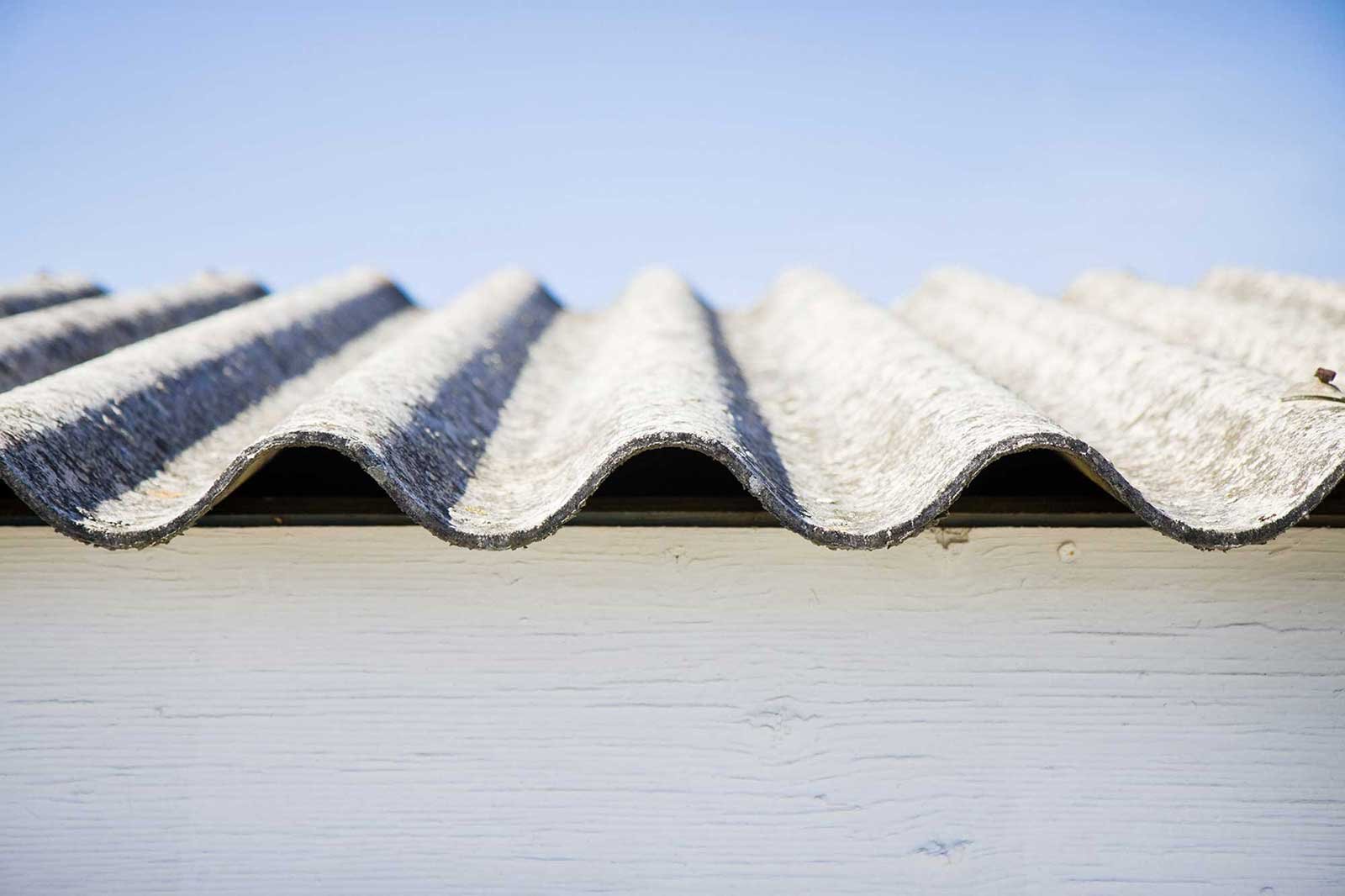




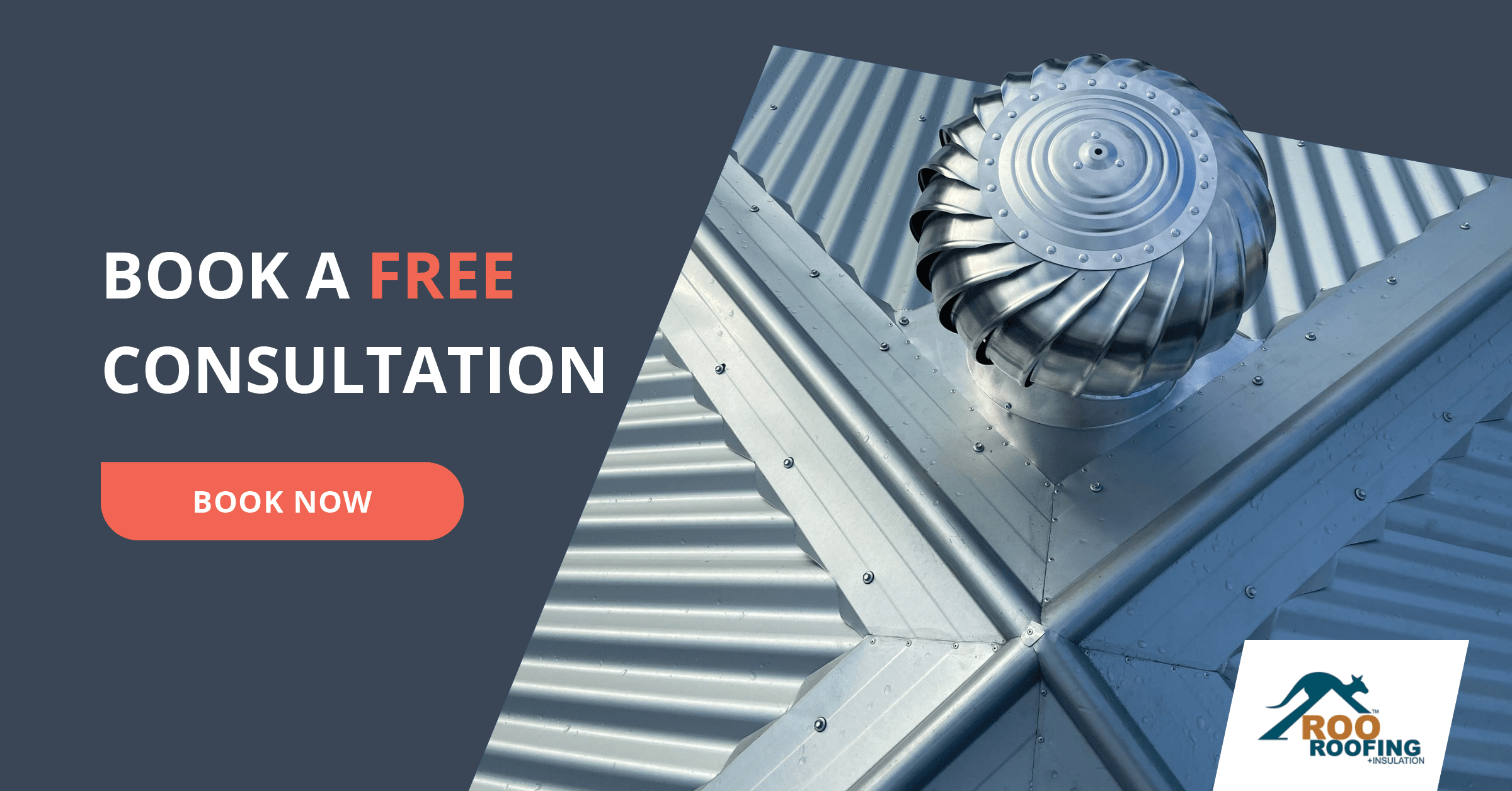
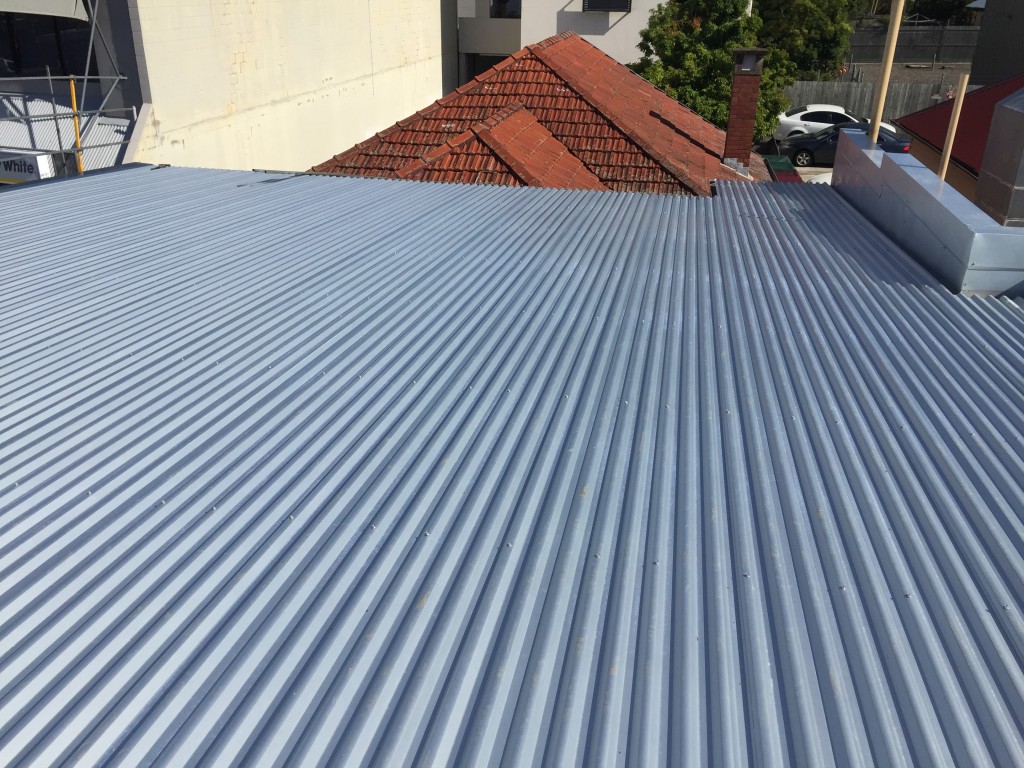
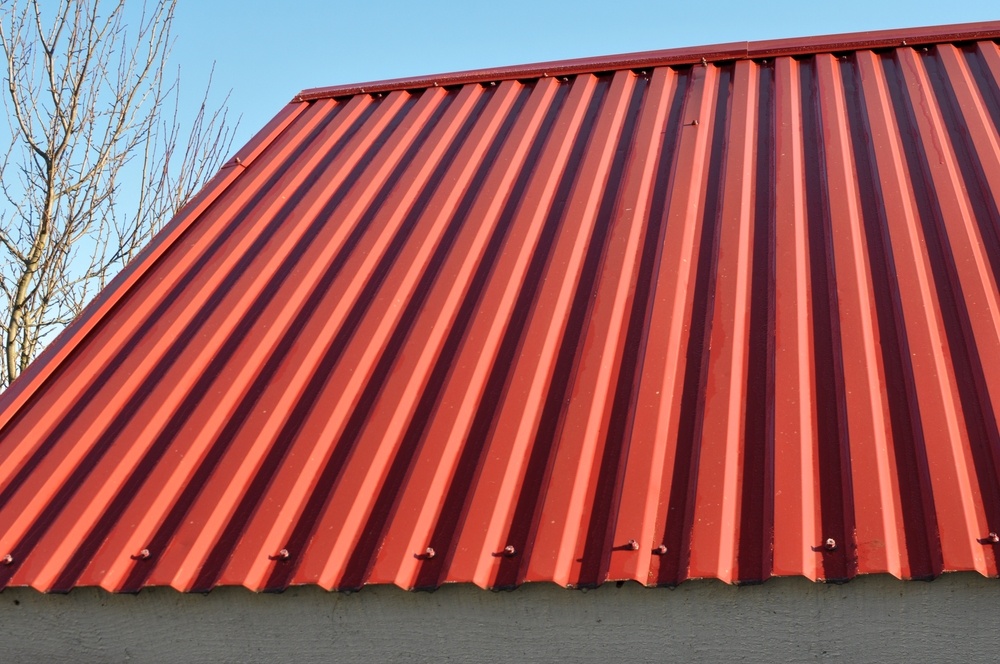
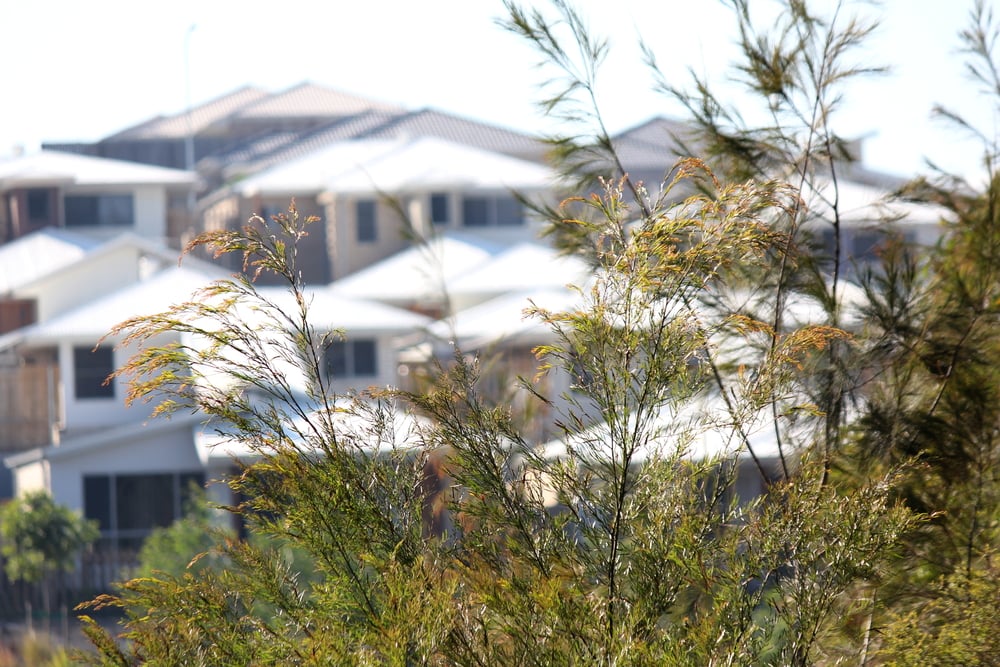

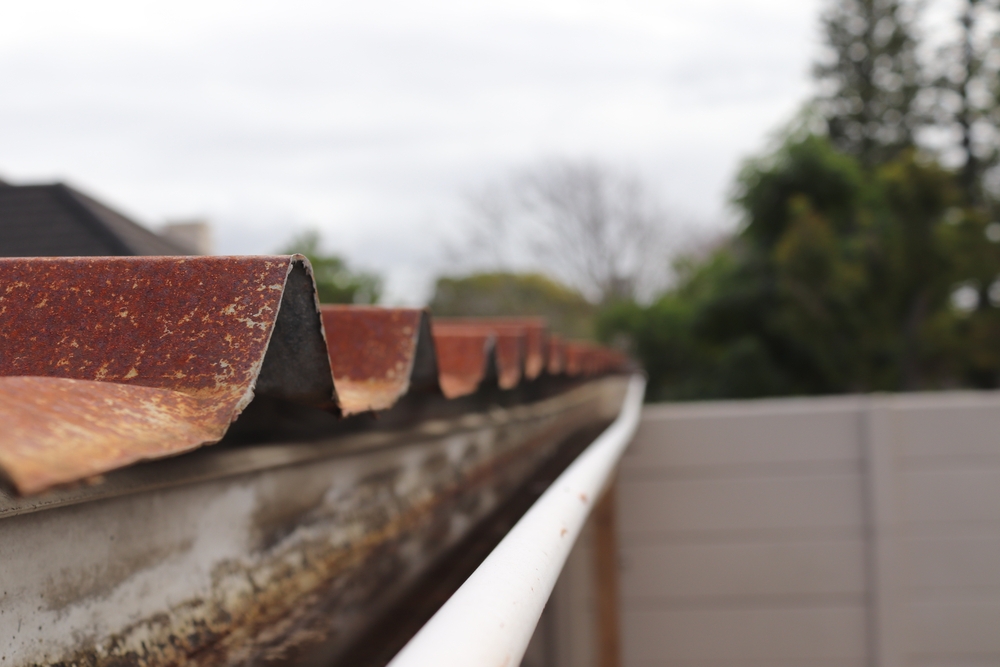
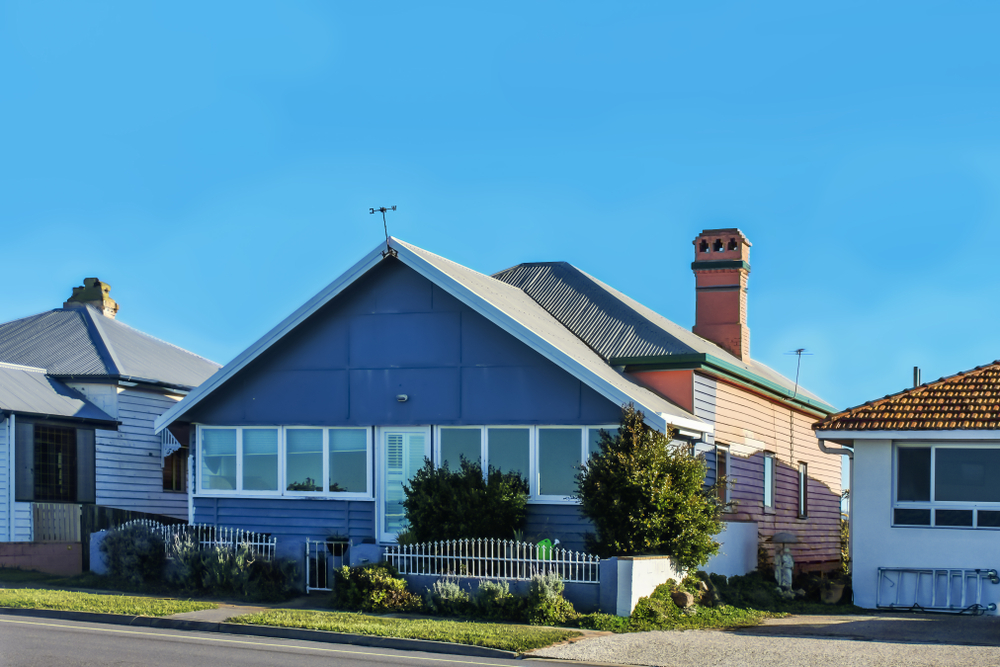
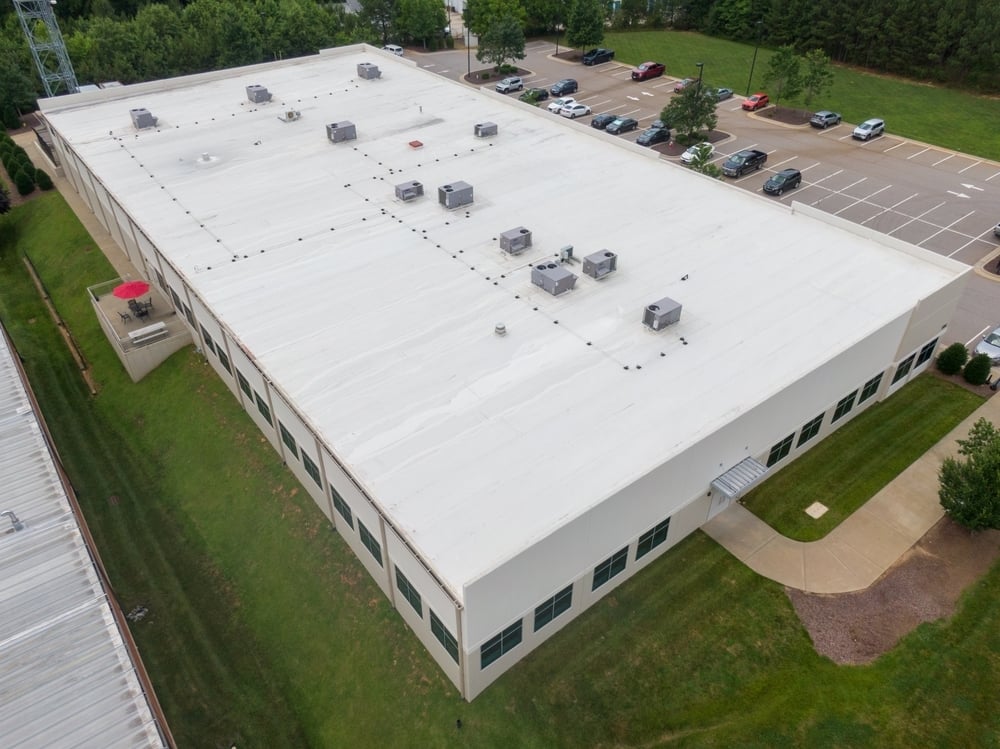
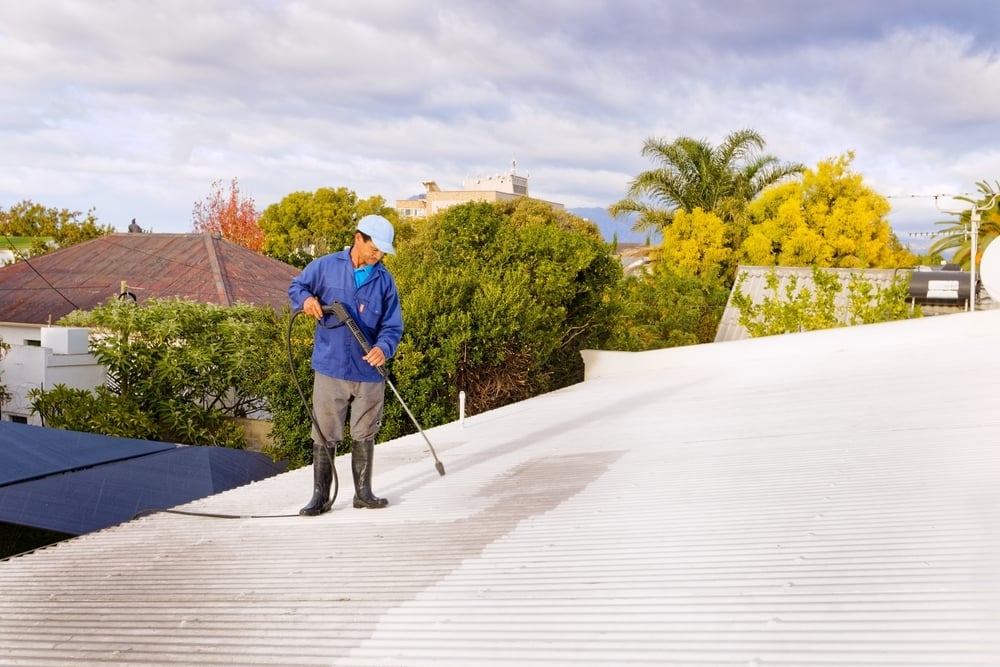
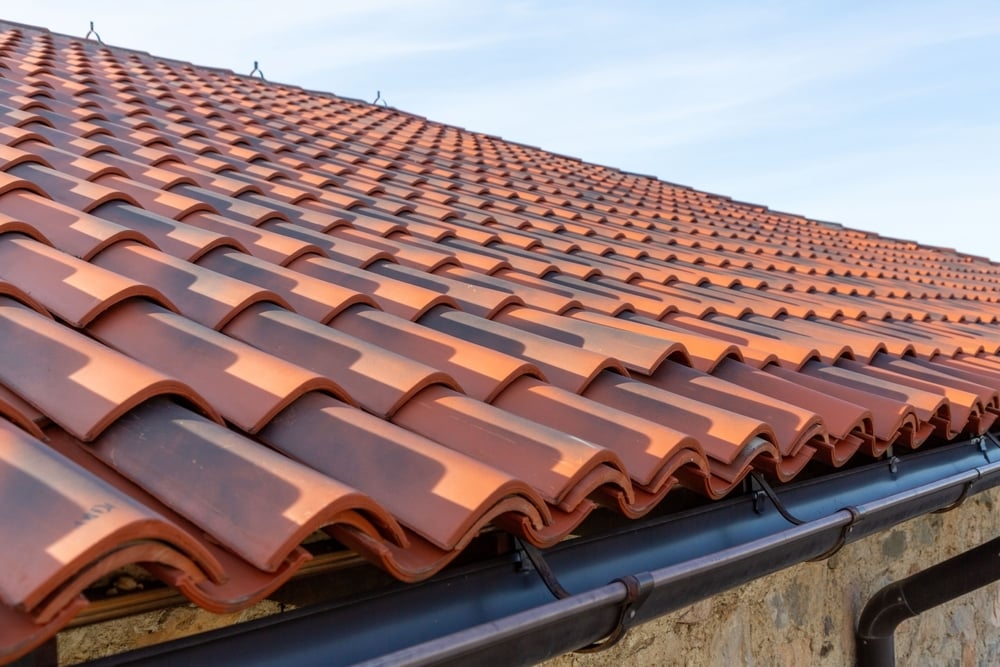
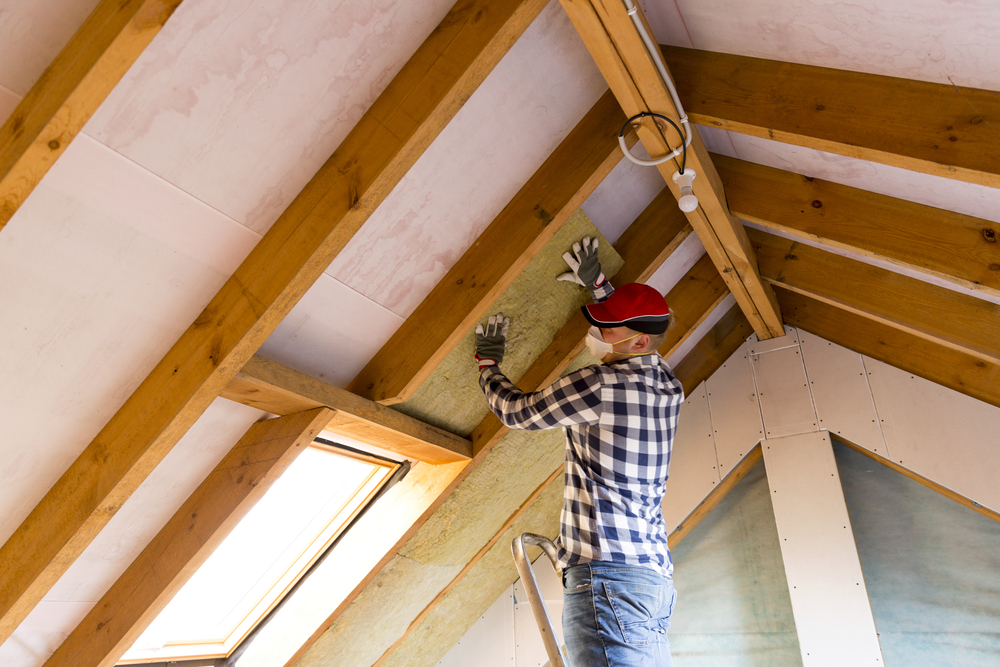
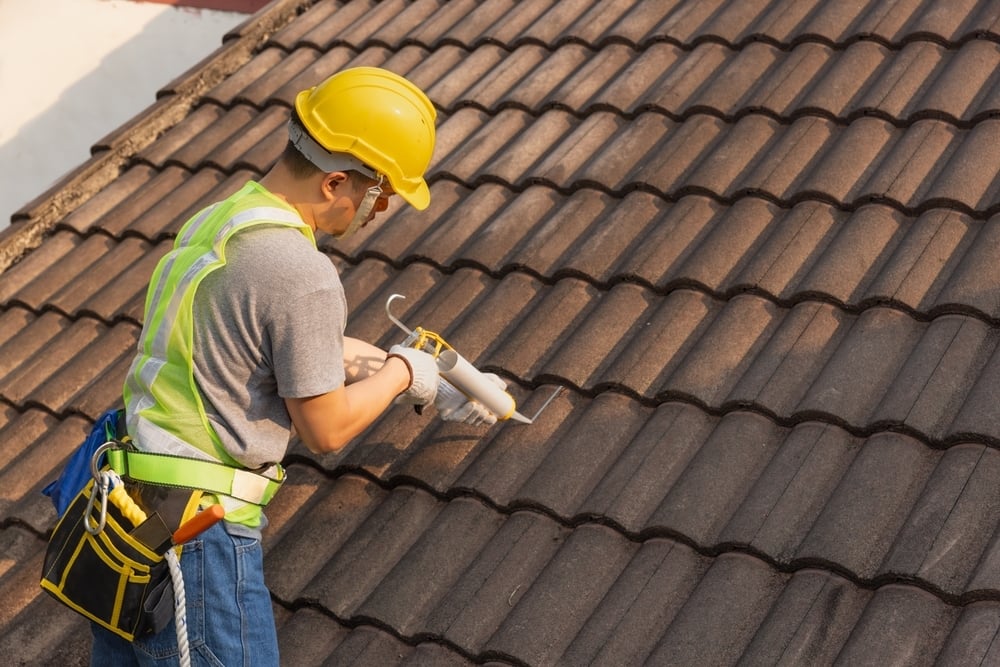
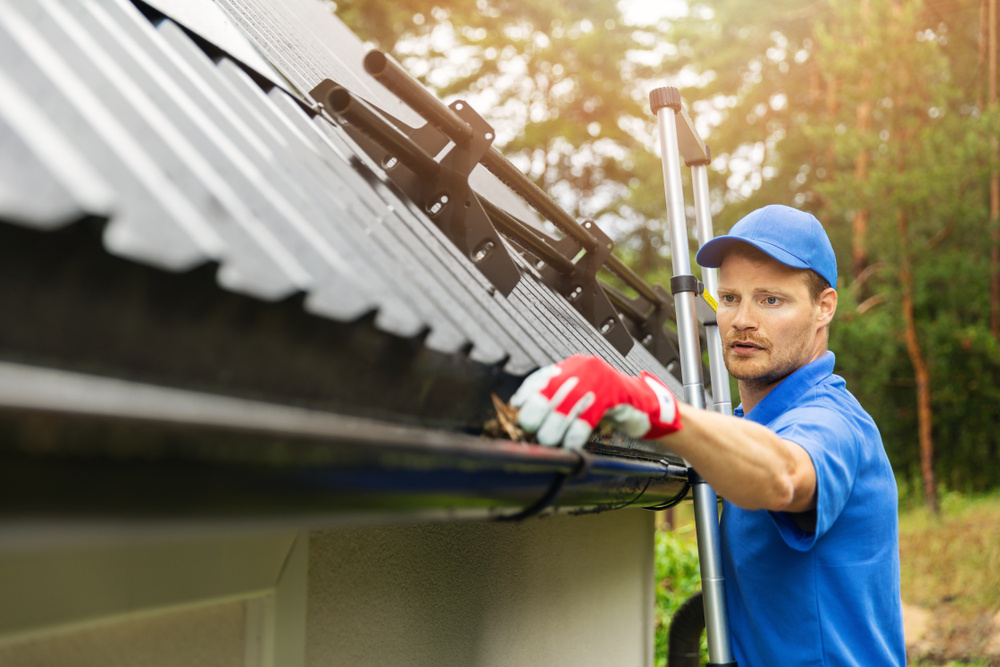

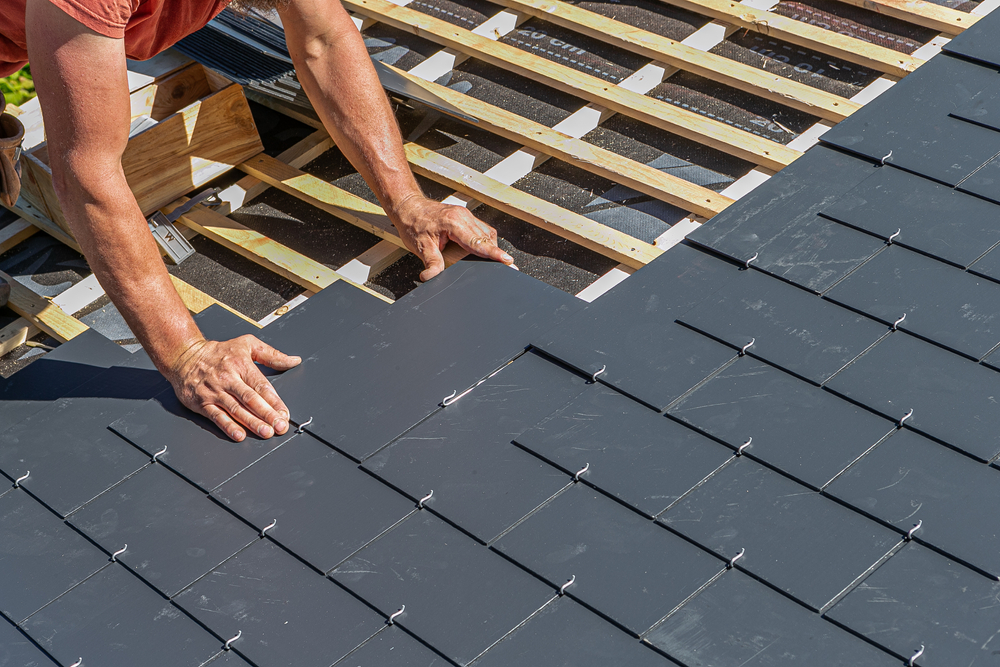
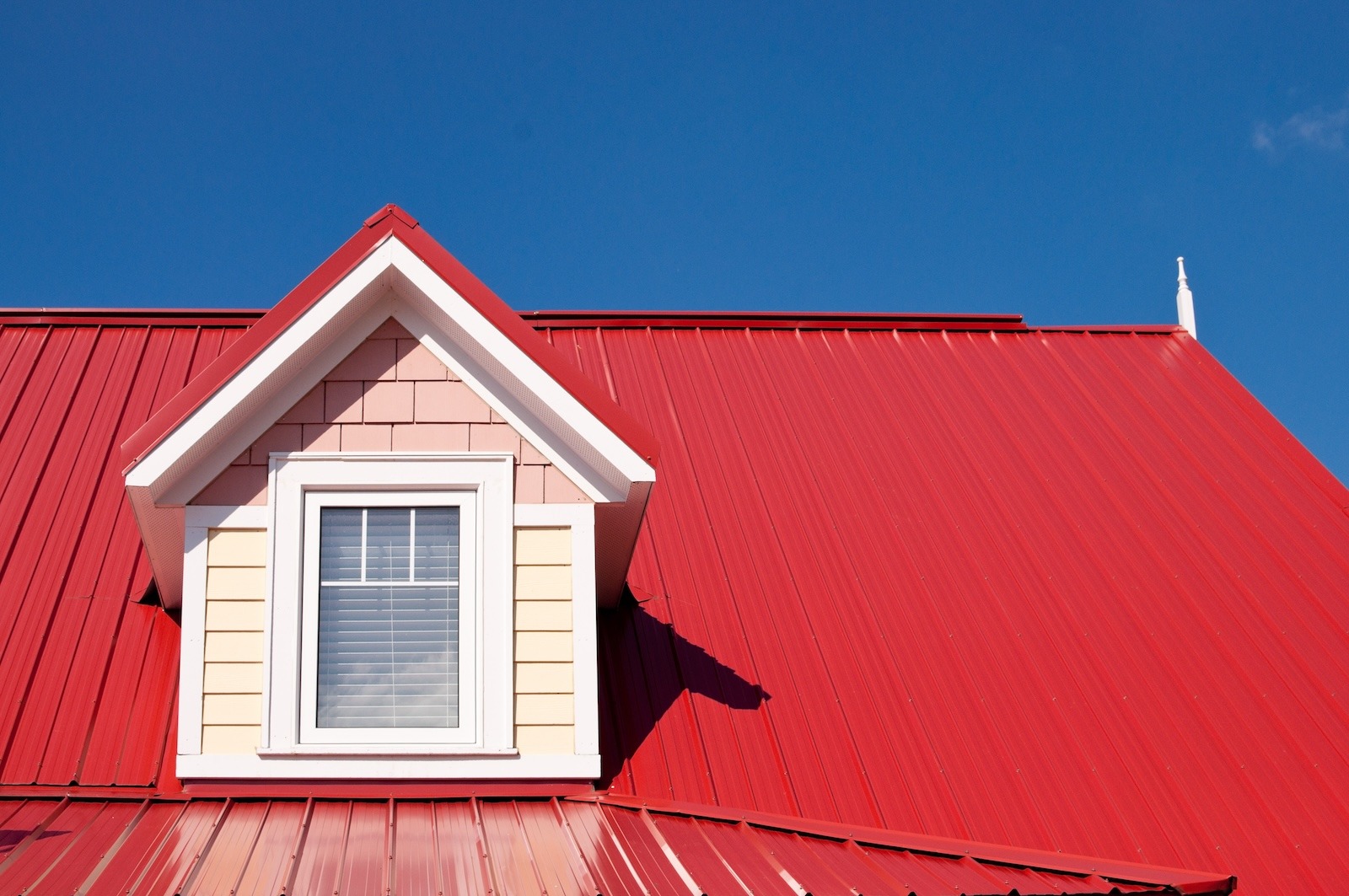
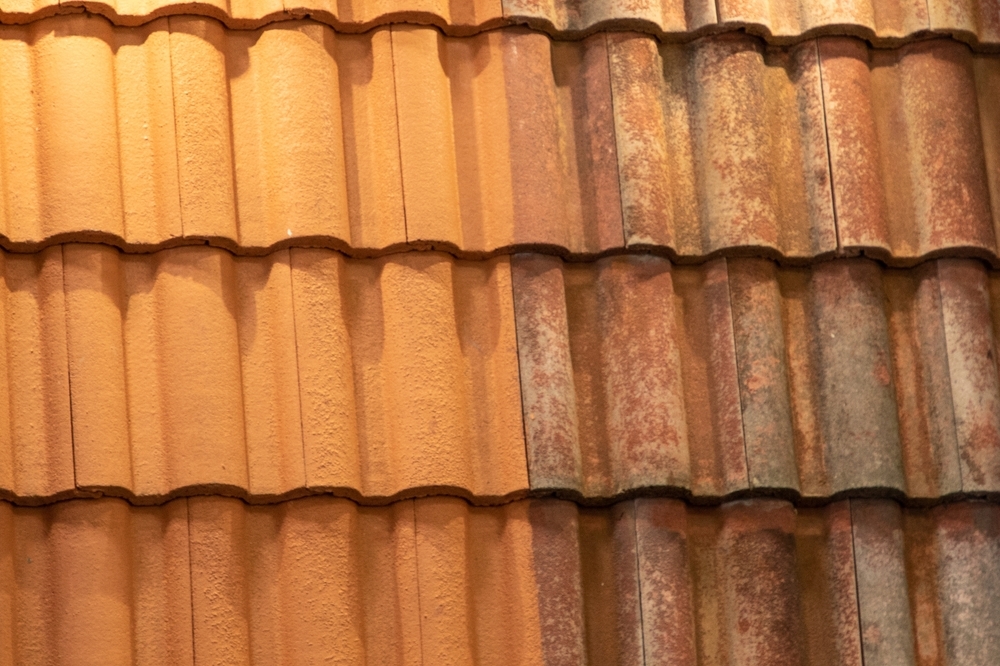
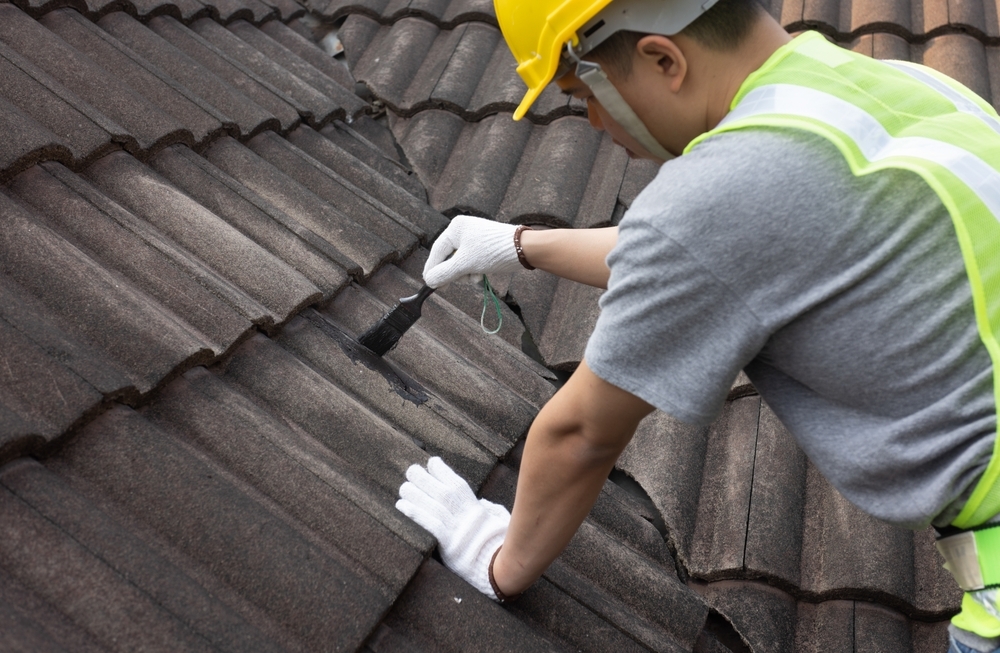
.jpg)
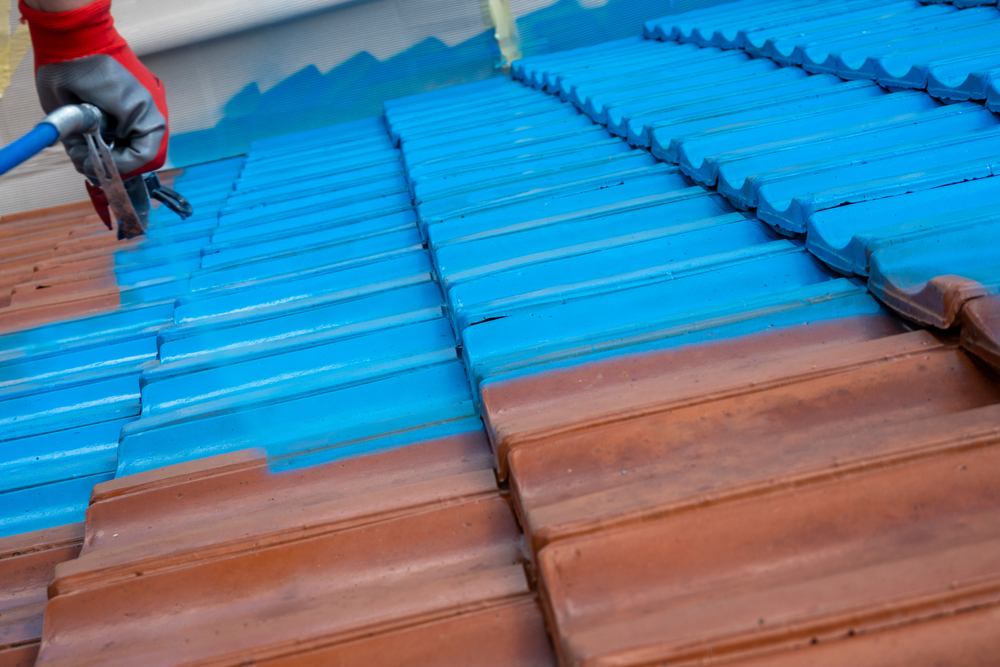
.jpg)












